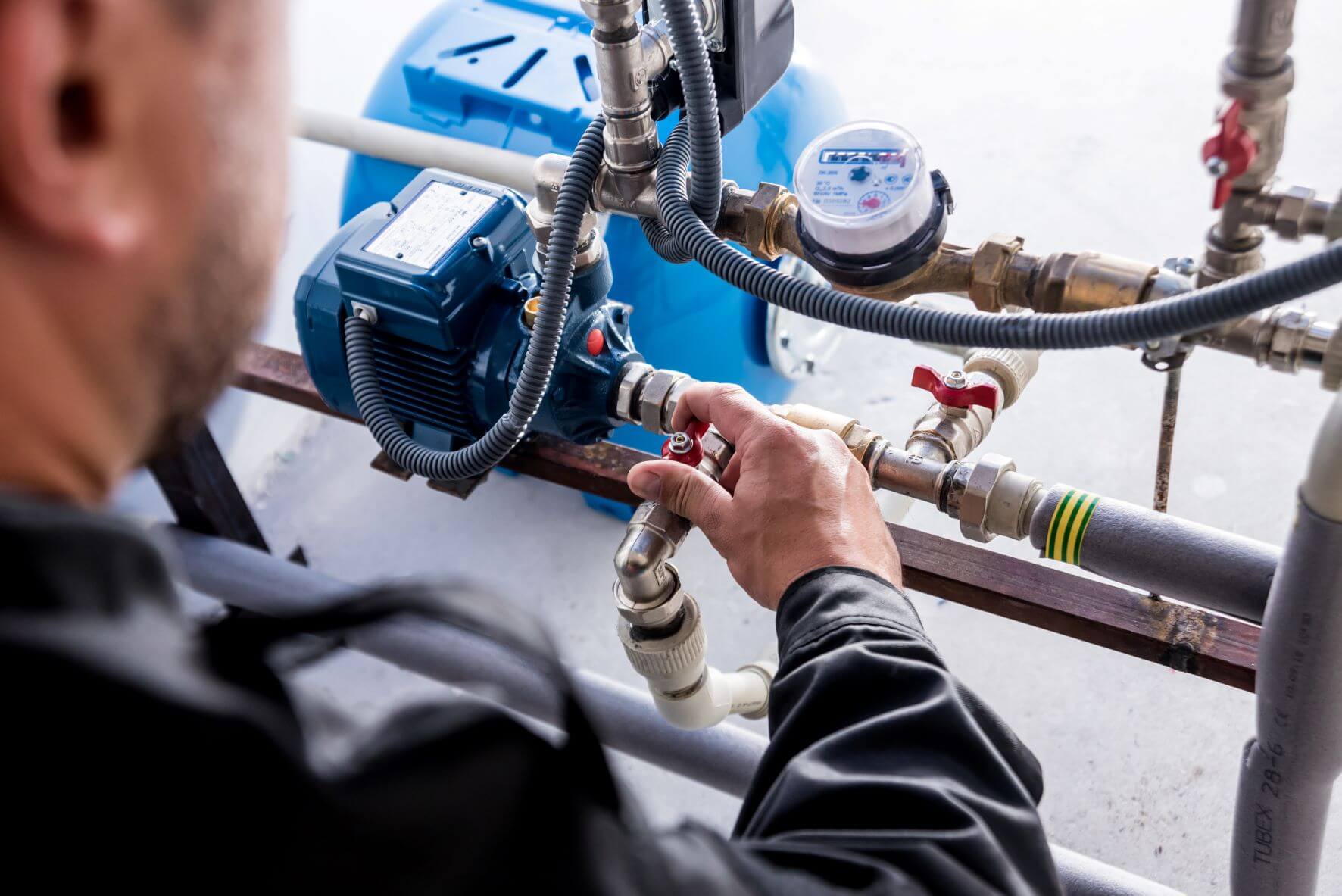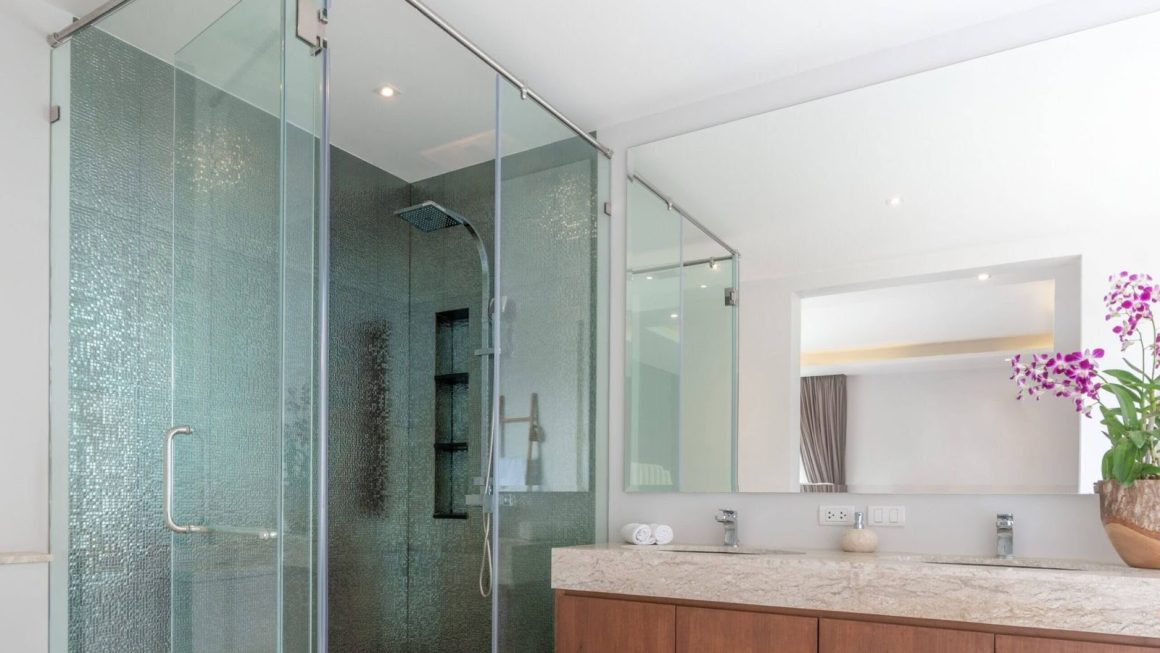One essential aspect of owning a home is ensuring regular maintenance. This includes your home’s plumbing system. Through this system, you get access to fresh water, heat your water, and drains used water outside your home. Therefore, you need to ensure that your home’s plumbing system is in its best working condition at all times.
Regular maintenance of your plumbing system reduces the chances of having expensive repairs, high water bills from leakages, clogs, rusted or broken pipes, and other plumbing-related disasters.
To reduce the chances of having expensive repairs, you can use the following tips to help you maintain the plumbing system of your home:
- Check For Leaks Regularly
Leaks can cause the wastage of many gallons of water, costing you higher water bills. Fixing the leakages can help in saving you money.
Leaky faucets can cause wastage of around 8 gallons of water per day, requiring immediate attention. Some causes of leaky faucets include corrosion of the valve seat due to the accumulation of water sediments, a loose or worn-out O-ring sealing the tap, or a washer that’s worn out, not the right size, or improperly installed.
Running toilets can cause close to 200 gallons of water wasted per day. Also, running toilets don’t flush properly, increasing the chances of blockages within your bathroom pipes. A running toilet can be due to a broken flush valve or flapper seal, too much or little water, an old or corroded toilet, or a broken toilet chain in the tank.
You can check for a toilet tank leak by using food color. Simply put some red food color in the tank and wait for an hour. If the color leaks to the bowl, then you need to get another tank ball to stop the leak hence lowering your water bills.
You can do some of these leaking problems yourself, while others are complex and require the attention of a professional. The leaks that can’t be located need a plumber since they can cause structural damage and attract pests like termites. Some companies can hook you up with a plumbing contractor in Chantilly.
- Pay Attention To What Goes Down The Drains
Clogging of drains can be easy due to their narrow nature if they’re not maintained properly. Some of the materials that can clog your drain include soap, hair, food waste, and mineral build-up.
If you tend to lose hair while showering, getting a shower drain that catches the hair can help protect the drain. Avoid using your sink as a garbage disposal or trash can to prevent the clogging of your drain.
- Keep Cooking Oils And Grease Out Of The Drains
Oils and grease should never be disposed of to any drainage system or garbage disposal as they tend to solidify as they make way to the main sewer line. Expanding food materials like pasta and rice, starchy or fibrous vegetables, coffee grounds, and eggshells should also not get disposed of in any drain.
Garbage disposals are designed to handle small food scraps. You should always be keen about what you put in your garbage disposal and always run plenty of cold water every time you’re using your unit to minimize clogs.
- Avoid Using The Toilet Like A Wastebasket
The design of toilets and plumbing pipes only allows for handling toilet paper and body waste. Flushing other materials such as sanitary products, plastic, hair, cotton swabs, cardboard, or other products labeled as flushable can clog your drain and even destroy your pipes.
You should also avoid flushing items that are similar to toilet paper, like paper towels and facial tissue since they aren’t designed to break down with ease like toilet paper when in contact with water. You can further minimize the chances of clogging your drain by using less toilet paper.
- Clear Slow-moving Drains
The combination of hair and soap scum accumulating on drain walls can lead to a slow drain. You can easily fix this before the drain gets completely blocked by removing the stopper and cleaning it.
There are inexpensive methods that have been proven effective in clearing sluggish or blocked drains, such as using a mixture of vinegar and baking soda. If this doesn’t fix the problem, it’s better to call a professional as the blockage can be deeper in the drain.
- Check The Water Pressure
Problems related to water pressure can be due to your home’s location, mineral build-up in pipes, or hidden leaks. Checking if the water pressure is too low or too high can be done by hooking a pressure gauge to a faucet. Turning off all faucets will help you check the baseline water pressure. Most homes feature a plumbing system with water pressure ranging between 30 and 80 psi.
When the water pressure is too low, it’ll take you more time to fill up the tub, shower, or wash the dishes. Moreover, the dishes or clothes might not be as clean as they have to be. Water pressure that’s too high can weaken pipe joints making them prone to damages, increase water bills, or cause untimely breaking down of appliances. A regulator installed by a professional plumber can help in fixing plumbing with high water pressure.
Also Read: 5 Tips Planning Plumbing When Building Home
- Drain The Water Heater
In maintaining your plumbing system, it’s also essential to check on your water heater. Making regular draining of your water heater will help get rid of mineral sediments accumulating at the bottom. Lack of regular draining can cause your water heater to work ineffectively.
A water tank that needs flushing will start making banging sounds, an indication that the water might be bubbling up through a thick layer of build-up and can eventually make the tank rust out. The anode rod of your water tank also needs replacement after every five years.
- Clean Shower Heads With Vinegar
After continued use, showerheads can get clogged with mineral deposits, making them work less effectively or even block up completely. To clear these mineral deposits, unscrew your showerheads then soak them in vinegar for about 24 hours. Re-attach the showerhead and run water to clean the vinegar for some minutes and this makes your showerhead clean. If this doesn’t work then it’s time for you to replace the showerheads.
- Fix An Overflowing Toilet
The water level might be rising in the toilet bowl and overflowing. This can be due to the incorrect setting of the inlet valve, thereby allowing too little or too much water in. This is an easy fix in almost all areas, provided that the cistern is in an accessible position.
- Regularly Inspect The Exposed Pipes
Time and continuous use of your pipes can lead to several issues like plumbing leaks, which arise from corroded or rusted pipes. Inspecting these pipes regularly can help you detect issues like damaged or decaying pipes, allowing you to deal with them early in advance.
You should also check for weak pipes and pipes with weak joints and replace them before they burst or cause a major disaster to your plumbing system, or even flood your home.
You also have to refrain from hanging clothes on exposed pipes in your home. These plumbing pipes aren’t designed to handle even the weight of a few shirts, which can weaken your pipes and their connections.
Must Read: Top 8 Plumbing Problems And How To Fix Them
- Insulate Pipes
Pipe insulation is essential in preventing the freezing and breaking of pipes. Most homeowners have the assumption that freezing of pipes only happens to areas experiencing cold climates. However, freezing of pipes can happen even to warmer areas that have poorly insulated pipes against cold temperatures.
Pipes located in attics, crawlspaces, basements, or other cold and unheated areas require extra protection from cold temperatures. Fitting exposed pipes with pipe sleeves can minimize the chances of the pipes freezing.
- Install Drain Covers
Installing drain covers can help prevent unwelcome objects from entering your drain. Objects such as chips of soap or hair can clog your drain. Installing these drain covers can help in saving you the trouble of regularly snaking your drains.
Installing drain covers for your kitchen sink can also help prevent large food pieces from going down your drain and clogging or causing foul smells.
- Refrain From Using Chemical Drain Cleaners
You can be easily tempted to use chemical drain cleaners when the drain becomes slow-moving. These products can provide a short-time relief, meaning you have to use them frequently to maintain a clear drain.
The more these chemicals stay in your pipes the more the chances of these reacting and causing damages to your drains. This is because most of these drain cleaners have caustic chemicals which are dangerous to people and pipes.
If one of your drains has a clog, it’s better to use a drain snake or plunger to dislodge it. If it gets too complex, call a plumber to help you dislodge the clog without destroying your pipes. You can also install a water softener to help prevent mineral build-up.
- Run Down Hot Water
Oils can slip through your sink and into the drain while washing utensils, leading to their build-up. To prevent this build-up in your drains, you can run hot water down the drain for around 15-20 seconds.
You can also use hot water and soap to clear a blocked toilet if you don’t have a plunger. All you have to do is pour out hot water into the bowl until it fills up then add liquid soap to it. The hot water helps in breaking down the clog while the soap helps in getting it to move again.
Also Read: How to Prevent Blocked Drains?
- Switch From Bar Soap To Body Wash
The body wash is known to be healthier for the plumbing of your home as compared to bar soap. Bar soap creates a lot of scum that coats the pipes which might eventually clog up the system. Body wash maintains its liquid state and travels easily down the drain.
- Know How To Turn Off Your Water
Each time you suspect a leak, your first and crucial step is turning off the water from the main supply lines. A damaged washing machine hose or an overflowing toilet can cause the wastage of hundreds of gallons of water, increasing your water bills.
Knowing the location of the shut-off valves and how to operate them can help you cut down the water bills due to unforeseen plumbing issues. Individual shut-off valves for sinks and toilets should be inspected regularly and replaced if they become less functional.
- Prevent Freezing Of Pipes
The common cause of pipes bursting is the freezing temperature. Water expands when it freezes, causing the pressure within the pipe to increase and eventually burst. To prevent pipes from freezing, you can store garden hoses, insulate your pipes, and winterize faucets, hot tubs, underground sprinklers, and swimming pools.
- Install A Water Treatment System
Hard water can shorten the lifespan of your pipes due to naturally occurring minerals such as calcium and magnesium in the water. These minerals can build up in your pipes, restricting the flow of water. The only remedy to stop them from corroding your pipes is by installing a water treatment system that softens the water.
- Schedule Regular Sewer Line Maintenance
If you have local sewer lines, you can hire a plumber to conduct a clean-out of your main sewer line after every few years. Regular maintenance ensures that roots and other build-ups which can cause issues to your plumbing system are eliminated. If you own a septic system, it would be best to pump the septic tank regularly.
The Take Away
Maintaining your plumbing system requires a commitment to ensure that it’s in good working conditions. A good and well-maintained plumbing system makes it possible for the distribution of fresh water to all areas of your home and in the correct pressure, and sewage is eliminated from your compound without clogging. To ensure that your plumbing system maintains its best working conditions, the guide above can help you out.



